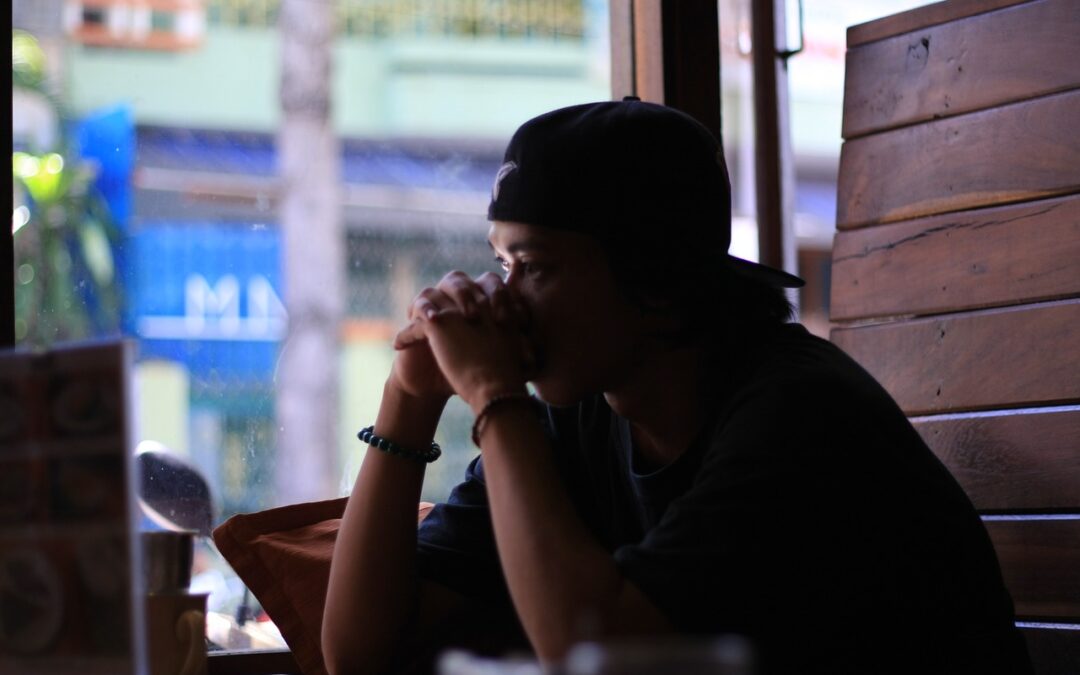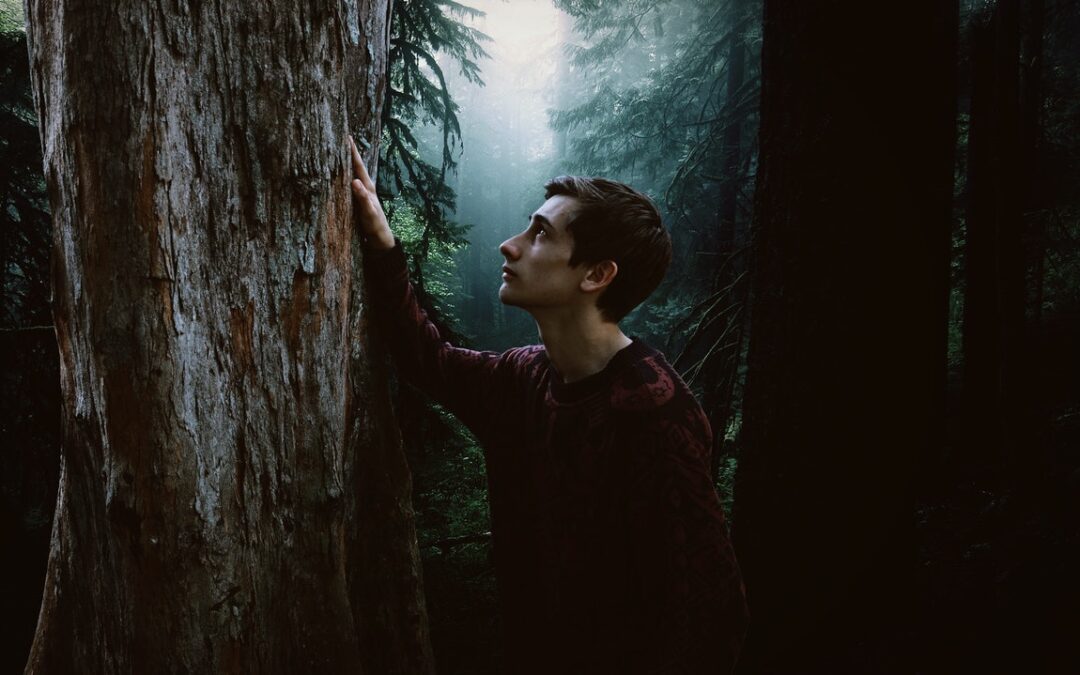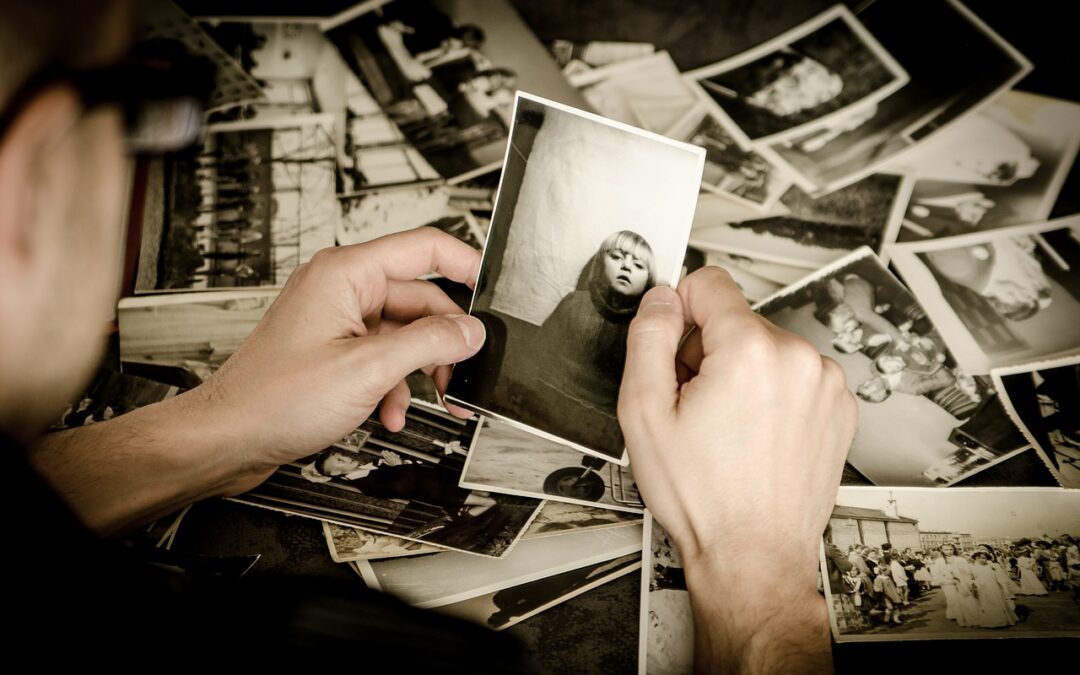
Anticipation of a Difficult Day is Always Worse than the Day Itself
Starting this week, there is a rapid succession of difficult days ahead. That is…I anticipate they’ll be difficult.
This week my youngest son will start Kindergarten. It’s something his older sister dreamed of doing, but didn’t live long enough to do. Next week we will celebrate another of her birthdays without her. She would have been 10. Four weeks after that marks the anniversary of her death at the tender age of four. In the days that follow, I’ll be expected to celebrate my birthday, which fell on the day before her memorial service the year she died.
All of these days carry with them the anticipation of being a grief trigger. Anticipation can work one of two ways. It can imagine the best-case scenario, or it can imagine the worst.
So when we anticipate a difficult grief trigger, it brings up all the worst-case scenarios our imaginative minds can conjure up.
The first year after losing someone is the hardest. It was for me. It’s hard because your mind has no point of reference to compare to. The first holidays, birthdays, and anniversary of their death (angel-versary, devastation day…whatever you prefer to call it). They’re all anticipated as so painful, you can’t imagine how you’ll survive them.
So let’s get this straight: your anticipation of a grief trigger causes your mind to imagine a worst-case scenario. And since it doesn’t have a reference point to compare to, it compares it to the actual event that is causing the trigger. Your mind tells you the trigger will likely bring you right back to the pain you experienced on the day you lost your loved one. So you find yourself in an anticipatory panic even though you’ve already survived the worst pain imaginable.
In reality, our minds are our own worst enemies. So what do we do about it?
That first year, I felt like cancelling all holidays in an attempt to avoid the pain I knew they’d bring. We couldn’t because we had other young children who expected and deserved the celebrations. So we attempted to change tradition just enough to make them feel different.
For example, for that first Thanksgiving we accepted my brother’s dinner invitation, but requested a few simple things. First, we asked to keep the invite list as small as possible (his family and ours). Second, I requested to sit at the end of the table so that if I felt like I was about to burst into tears, I could easily excuse myself and quickly slip out of the room to be alone. Third, we requested to skip the “what are we thankful for” question tradition. Just thinking of that question that first year made my blood boil with anger.
For the first Christmas after her death, we opted for an artificial tree. It still looked like a normal Christmas for our young kids, but in my mind it was different. While we didn’t buy presents for Margareta to place under the tree, we did buy a wind chime to place in her stocking and then hung it at the cemetery later in the day. We kept to ourselves that year; just a small normal dinner at home. The day was filled with difficult emotions and we thought it best to keep to ourselves and focus all our attention and energy on our kids.
We had more options on Margareta’s birthday and the first anniversary of her death. I scheduled vacation days from work on both those days because I couldn’t imagine being able to function in any meaningful way. For months in advance, I agonized over what to actually do on those days.
I didn’t know what to do to make the horrible pain I imagined any easier. Every time I thought of it, I felt overwhelmed.
How do you “celebrate” a birthday of someone who isn’t there to celebrate it? You can’t ignore it. After all, you want to acknowledge the birthday of one of the most important people in your life. Do you buy presents and then donate them? Do you make a cake?
And then one sleepless night a few weeks before her birthday, it came to me. Margareta loved ladybugs. I would buy live ladybugs and we would release them at her grave on her birthday. So we did. Seeing the chaos of hundreds of ladybugs escaping the confines of the container they had been held in and exploring their new home injected some needed lightness and smiles into a heavy day that was full of sadness. Releasing ladybugs has become a yearly tradition on Margareta’s birthday. One that will continue for the rest of my life…and perhaps her brothers’ lives too.
As for the anniversary of her death – a vivid reminder of the worst day of my life – I planned to do nothing. And nothing was what pretty much what I did that day. It was an uneventful day. And, of course, wasn’t nearly as painful as I anticipated.
Since that first year, my anticipation of the pain that will be triggered on these difficult days has softened.
Each year I have a larger cache of reference points my mind can compare them to. And each year, the level of pain I anticipate lessens. That is not to say I don’t still feel pain and sadness on these days. But I know that pain pales in comparison to what I felt at her death and in that first year after. And I know that I have survived the worst pain I ever could have imagined. So pretty much anything else is manageable in comparison, right?
I will continue to make taking care of myself a priority on these trigger days that lay ahead of me.
With years of reference points to draw from, I’m better able to steer my mind away from imagining the worst-case scenario, and instead try to visualize the best-case scenario.
For example, I know I’ll feel sorrow on the first day of Kindergarten because my beautiful daughter never got to experience its excitement and joy. But in the meantime, I’m imagining those same feelings for my son, and anticipate being able to share in his happiness.
As for the upcoming anniversary of her death, I still plan to take that day off. These last few years we have consciously decided to do something that we think Margareta would have enjoyed. We do this in an attempt to shift the focus from the pain of her death to the joy she brought us while she was here. I also anticipate knowing that whatever feelings come my way that day, I’ll deal with them the best I can.
Regardless of how new your loss is…just keep reminding yourself that anticipation of a difficult day is always worse than the day itself.






 This website was inspired by the memory of Margareta Sol Kubitz in hopes of helping others work through the pain of grief.
This website was inspired by the memory of Margareta Sol Kubitz in hopes of helping others work through the pain of grief.